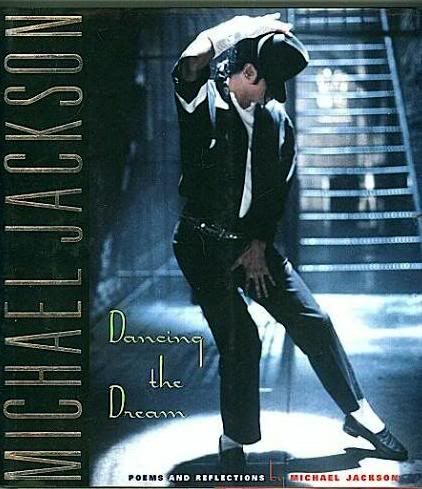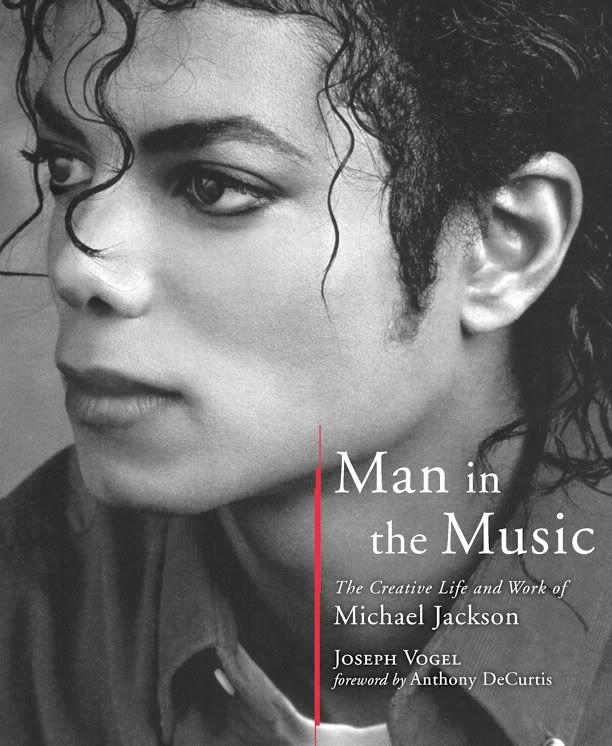Literature adds to reality, it does not simply describe it. It enriches the necessary competencies that daily life requires and provides; and in this respect, it irrigates the deserts that our lives have already become ~ C. S. Lewis
Reluctantly, I folded the page corner down to mark my place and put the book on the coffee table. Rising, I found my passage to the table blocked by the diminutive form of my grandmother.
“Never, ever show disrespect for a book again by creasing its pages. Don’t you understand that books are living things?” She chastised.
No, I didn’t. I was confused by her meaning and not able to understand or see in my child-like mind, the hidden metaphor in her words. Her tone of voice stung—her disapproval was something I had never incurred before—but it served its purpose well, for I did look upon my books from that day on with newfound eyes.
As I grew, I came to understand my grandmother’s words: I began to understand the expressions found within books, were a personal and emotive collection of thoughts and feelings belonging to another human being. And as I began to write myself—first as a diarist, and then as a short-story writer and hopeful poet—I found liberation through my own expressionistic prose that had ultimately been inspired by others, and through my personal experiences in life.
Along with my understanding and feeling of liberation, I made a discovery that would have a major affect on my style of writing: Books are a powerful vehicle that can create change. When words, pictures and art are gathered together to create a story, poem and narrative—or to give sensory pleasure to the eyes—they have the ability to transform the reader. They have the ability to transport us to another place, a place outside of ourselves and our everyday lives. Books have the power to reach down into in our hearts and open our minds to new and different possibilities. They enable us to escape, they inspire, and they alter our perspective and viewpoint. And, for myself, they give me that ah-hah, spine-tingling moment of realization when I discover a connection to the author or artist and the source of all universally inspired works…the divine.

"So, what does a star do after it quits shining?’ I ask myself. ‘Maybe it dies.’
‘Oh, no,’ a voice in head says. ‘A star can never die. It just turns into a smile, and melts back into the cosmic music, the dance of life.’ I like that thought, the last one I have before my eyes close. With a smile, I melt back into the music myself. Excerpt from “Dance of Life,” from the book Dancing the Dream, Michael Jackson, 1992.
Sublime revelations aside, Michael was able to forge a path with the quality and expressions contained in his words, enabling the reader to journey to that place where his inspiration was born. His prose is not only eloquent, but also life-changing, bringing awareness to our often, disjointed approach to how we view life, and our true desire to find the same link to the spirit that he had found. Michael breathed life into the pages of his book by penning words that reached deep into our subconscious, and once we had met with him on the same level from which he wrote, it was impossible to let go—we were captured there in the same place and time owned solely by him; touched irrevocably by this rare insight into the man in the music.
It is clear that Michael himself found this same connection not only to authors, but to artists, renowned and unknown, and their work. He had a vast library filled with thousands of books and he read voraciously, absorbing each word and image until they became enmeshed in both the spiritual and intellectual parts of him. Howard Bloom describes this best in his poignant narrative, written one year after Michael died.
When the art director arrived, she bore the portfolios of five artists, portfolios she stacked at one end of the pool table’s green felt playing surface. These were not just the black vinyl portfolios most commercial artists use to display their work. Every one of these was a custom-made presentation case made of hand-tooled leather or rich cherry wood. And every one was from a legendary artist, an artist at the very top of his field.
We were all bunched together on the opposite side of the pool table from the art director. Michael was in the center. I stood next to him on his left. And the brothers were crowded around us on either side. The CBS art director slid the first of the portfolios toward Michael. He opened the first page, slowly … just enough to see perhaps an inch of the image. As he took in the artwork his knees began to buckle, his elbows bent, and all he could say was “Oooohhh.” A soft, orgasmic “Oooohhh.” In that one syllable and in his body language, you could feel what he was seeing.
Do you know the poem by William Blake--
To see a World in a grain of sand,
And a Heaven in a wild flower,
Hold Infinity in the palm of your hand,
And Eternity in an hour . . .
The intense ambition of that poem, the intense desire for wonder, was alive in Michael. More alive than anything of the sort I’d ever seen. Michael saw the infinite in an inch. As Michael opened the page further, inch by inch, his knees and elbows bent even more and his ”Oooohhhs,” his sounds of aesthetic orgasm, grew even more intense. Standing elbow to elbow and shoulder to shoulder with him, you could feel him discovering things in the brush and ink strokes that even the artist never saw. By the time he’d opened the full page his body and voice expressed an ecstasy. An aesthetic epiphany. I’d never encountered anything like it. Michael felt the beauty of the page with every cell of his being.
http://thehappiestmedium.com/2010/06/one-year-later-remembering-michael-by-howard-bloom/

Man in the Music is a moving and articulate embrace of the music, and the man within it, Michael Jackson. It takes us inside Michael’s creative works and gives us another rare insight into his mind and soul. To say that Joe found his own personal connection to the artist and his music, to me, is an understatement, because it is clear in every chapter—Joe has forged his own path for us to reach that same level on which he met Michael, through artistic expression and truthful interpretation. In a sense, the book is a journey undertaken by the author, in order to provide us passage to a place only before, visited by him.
With his death, then, came a profound sense of loss and sadness about what might have been. Yet, as Jackson presciently put it just two years earlier (quoting one of his own artistic heroes, Michelangelo): ‘I know the creator will go, but his work survives. That is why to escape death; I attempt to bind my soul to my work.’ It was perhaps the most revealing comment he ever made about what he hoped for his legacy.
In creating this book, I traveled deep inside that soul-filled work. With each return visit, new and exciting discoveries unfolded.
It is my hope that Man in the Music will inspire a similar experience for others, serving as a gateway into the creative world of one of the most unique artists of the past century. Excerpt from the Preface of Man in the Music.
Indeed, Joe has created a gateway—he has opened the door to inspiration through well-defined expression, bringing us to that same perception of Michael and his artistry that Joe himself gained in the writing of his book.
A book is the landscape and heartbeat of its author; a canvas on which to paint the color of their minds, and a melody of words forever immortalized on paper, bound, and laid lovingly in a place of importance by its reader. This is what makes a book a living entity. This is what draws us to hold a book in our hands and to hold it close to our hearts—to inhale the aroma of ink and paper—because we feel the life-force contained within its covers. It is why we linger in bookstores and libraries—in the hushed silence, we listen to the heartbeats emanating from shelves. And, it is why we delight in feelings of anticipation when we turn that first page—we are eager to meet, connect, and be lead on another journey inside an author’s mind, heart, and beyond. Books are indeed, gifts to be treasured.
I have never marked my place in a book again by folding its corner down, since the day my grandmother scolded me. She gave me a handmade, crocheted bookmark which I used for many years, until finally it started to unravel. I replaced it with a beaded bookmark so that it would last longer, and delegated my grandmother’s one to its own place of importance in my collection of beloved keepsakes. Among those keepsakes are books I have collected throughout the years, ones that have inspired and touched me, and created positive change in my life. They line my bookcase—Michael’s are there, and Man in the Music will soon take its rightful place amongst them—standing testaments to the lives of those who penned them. Every day, I run my hand along their spines feeling the energy and warmth flowing from them, and I thank the authors for sharing such precious gifts with me, for allowing me insight and passage into their innermost selves.
Written for Pay Michael Forward:
http://www.paymichaelforward.com/
© Valmai Owens, 2011. All Rights Reserved.
No reproduction without permission from author.
No reproduction without permission from author.
This article appears in the publication Dot to Dot: Keeping Michael’s Legacy Alive, and its content is the property of the authors and the Michael Jackson Tribute Portrait. Articles and exclusive interviews are copyrighted; therefore there should be no republication without permission. You may email edito@michaeljacksontributeportrait.com with any requests for republication. If permission is given, credit must be given to the author, Dot to Dot: Keeping Michael's Legacy Alive and the Michael Jackson Tribute Portrait.
http://mjtpmagazine.presspublisher.us/

No comments:
Post a Comment